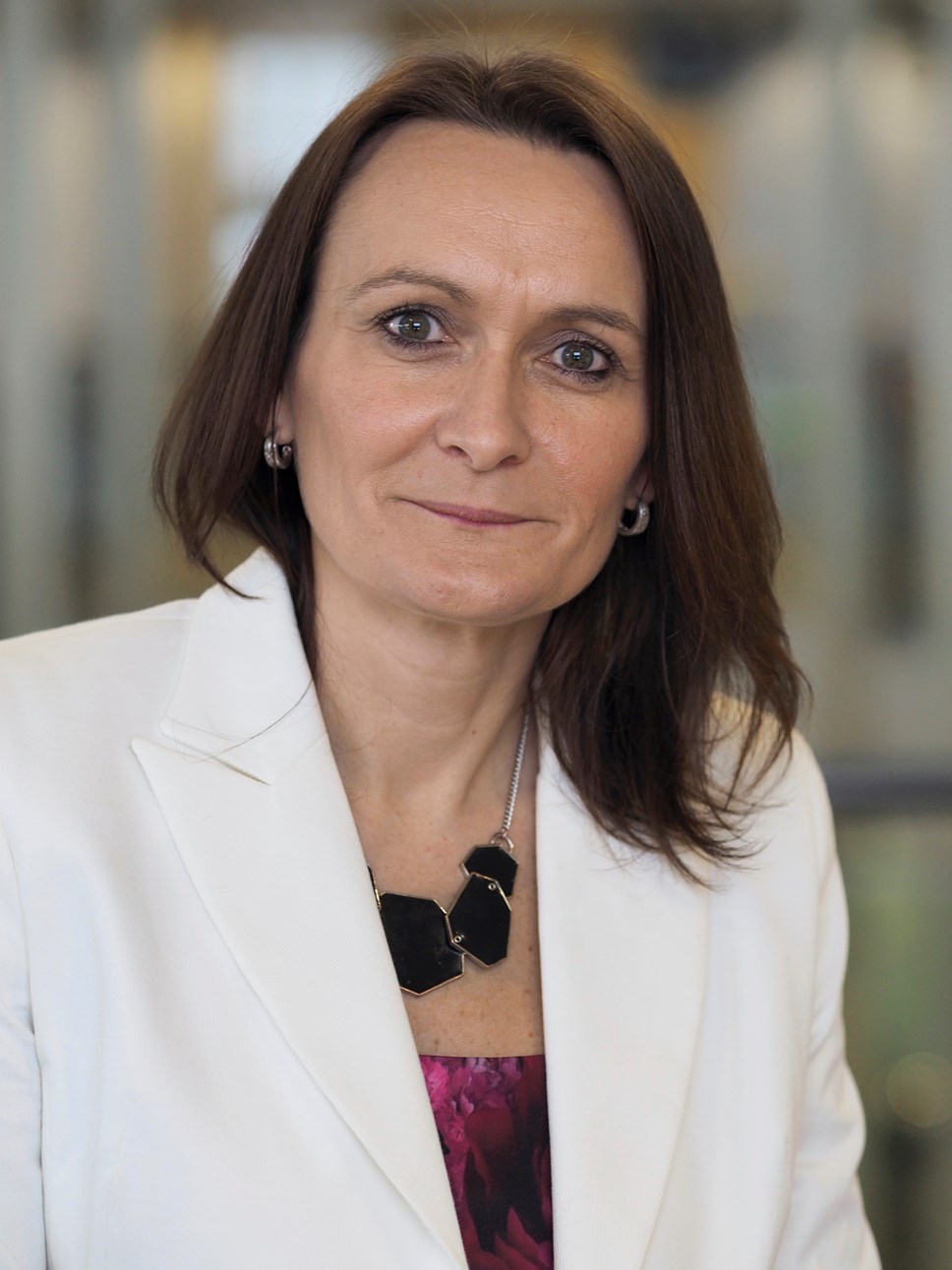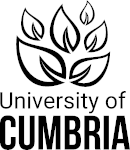
University receives powers to award research degrees
The University of Cumbria has been awarded Research Degree Awarding Powers (RDAP), which will allow it to grant research degrees such as doctorates for the first time since the university’s formation in 2007.
This achievement comes after more than 18 months of rigorous and in-depth assessment by the Quality Assurance Agency.
Speaking about this recognition and what it means for the university, Professor Julie Mennell, Vice-Chancellor, said:
“Gaining the powers to design, deliver and award research degrees symbolises another milestone in furthering our strategic aims and role.
“Alongside recognising the tremendous work of staff, it clearly demonstrates our ability to develop new areas of knowledge and practice to benefit our economy and communities and to improve health, education, environment and well-being across Cumbria and further afield.”
She continued: “The announcement is especially timely for us as we prepare to launch two new Institutes, focused on meeting the Health & Well-being and Leadership, Business & Industrial skills of our region.
“I would also like to thank Lancaster University for their support. This outcome is a great example of how universities can work together to deliver greater impact to our region.”
Director of Research and Head of the Graduate School, Professor Diane Cox, added:
“The award of RDAP recognises our ongoing commitment to developing a dynamic research environment and that makes a difference at a local, national and international level.
“We will continue to work closely with potential beneficiaries to ensure that our research continues to have meaningful impact and that the experience of our students at Cumbria is paramount.”
The news comes after the university’s research into male domestic abuse was recognised as one of the UK’s 100 best breakthroughs for having a significant impact on everyday lives.
Dr Liz Bates from the university’s psychology department is listed among those for pioneering research into the prevalence of male domestic abuse. The research revealed the extent was far greater than previously thought and that victims were reluctant to ask for help.
The list compiled by Universities UK is part of the ‘MadeAtUni’ campaign. Its aim is to change public perceptions of universities and bring to life the difference they make to people, lives and communities across the UK.
The university’s research programme includes new professorial lectures at the Ambleside campus. These will focus on the health and the well-being benefits of outdoor learning in primary school age children.
ENDS
Notes to editors
Other examples of recent research:
- South Cumbrian species reintroduction project
Back on our Map (BOOM) has been funded by the Heritage Lottery Fund and has seen the recruitment of a small team of biologists at the University of Cumbria to work with partners including the Cumbria Wildlife Trust, Natural England and the Forestry Commission to investigate possible sites where the natural history clock could be reset. The project is led by Professor Ian Convery working with four researchers considering different aspects of potential wildlife introductions. A number of consultations events have run across South Cumbria and North Lancashire around Morecambe Bay.
- Active ageing
Within our Active Ageing Group Dr Lawrence Hayes is hosting a special topic for the journal Frontiers in Physiology entitled Exercise as a countermeasure to human ageing based on the group’s international research reputation on ageing.
- Arts research
Based on her research the University of Cumbria fine art programme leader film maker Jane Topping was invited to take part in a prestigious Scottish summer arts residency. The residency was fresh from winning ‘best short film’ at the Philip K. Dick Science Fiction Film Festival in New York.
- Foetal facial recognition
Dr Tim Donovan’s collaborative research work was listed as among most important discoveries of 2017. The Research which examined the visual perception of babies in the womb was carried out at the University of Cumbria ultrasound laboratory in Lancaster and Blackpool Victoria Hospital.
The researchers use a light source to project a pattern of three dots in the shape of eyes and a mouth through the uterine wall. By measuring the way the foetus responded using ultrasound, researchers found that foetuses at 34 weeks are like new-born babies in preferring face-like stimuli.
Discovery Magazine included the project at number 83 in the publication’s list of 100 discoveries made last year.
http://discovermagazine.com/2018/janfeb?page=2
“This was fascinating work to be involved in and resulted in a significant level of interest in this country and around the world,” Dr Tim Donovan, associate professor in medical and sports science at the University of Cumbria said.
Pictured: Professor Julie Mennell
